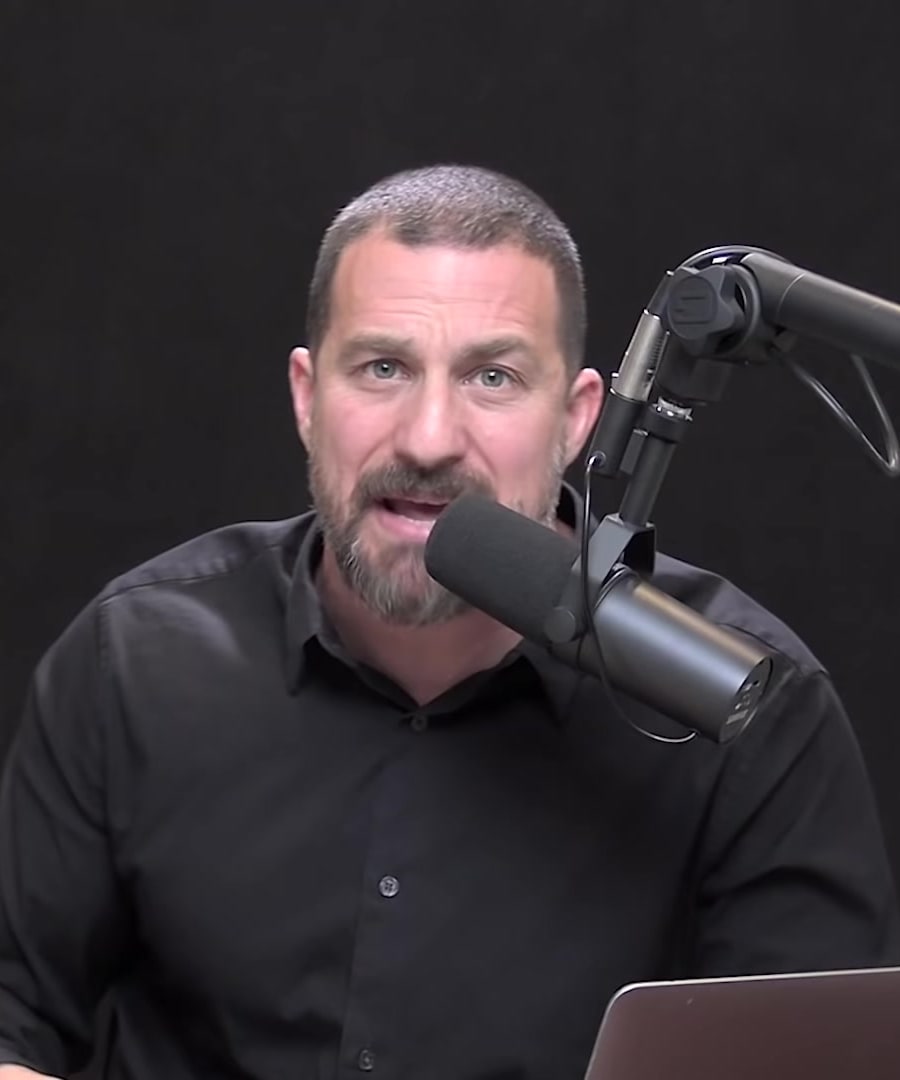How does food affect anxiety?
Sources:
explains that approaching food can create a state of alertness and anxiety due to the activation of specific areas in the brain, such as the locus ceruleus and the lateral hypothalamus. The locus ceruleus releases norepinephrine, causing alertness that many perceive as stress or anxiety when eating. This alertness has an evolutionary utility, making us more vigilant during eating. However, for many, this turns into anxiety, influencing their relationship with food. People might feel stress or anxiety before meals, affecting their ability to eat normally and enjoy their meal. Awareness and mindfulness techniques, like deep breathing before meals, can help mitigate this anxiety 1.
In another discussion, further highlights that our brain regions drive us to feel anxious as we approach food, which might have influenced eating patterns in evolutionary contexts where it was beneficial to consume food quickly. However, in the modern context of food abundance, this can lead to unhealthy anxiety around eating. Developing strategies to calm this pre-meal anxiety, such as mindfulness or controlled breathing, can be beneficial 2.
RELATED QUESTIONS

